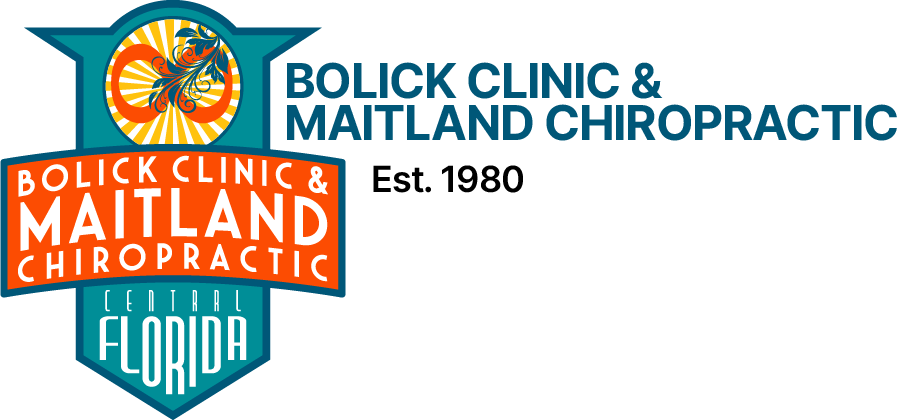Are Your Favorite Foods Ruining Your Health?
Headaches, fatigue, obesity and more can be a sensitive issue. Food sensitivities can be just as damaging as allergies, but they’re harder to decipher. Many people confuse food intolerance with food allergy. This difference between the two is complex, but a simple distinction is that the person allergic to foods, such as peanuts, strawberries, or shrimp reacts IMMEDIATELY—often with a rash or in extreme cases anaphylactic shock (a severe and sometimes fatal allergic response). This type of reaction is rare—less than 5% of the U.S. population exhibits what is called a “true” food allergy.
In contrast, food intolerance is often called the “hidden” food allergy, because you usually have no apparent immediate reaction when you eat a food to which your body is sensitive. In fact, the body’s reaction to the offending foods usually occurs in small steps. Each step leading up to a “breaking point” or the “final straw.” At that point the body reacts by developing one or more symptoms and diseases such as obesity, arthritis, diabetes, digestive problems, sinus conditions, migraines and more… The subtle changes are often so discrete that you don’t even associate them with a food you regularly eat or even “crave,” yet if you continue to eat this food your health will progressively deteriorate.
No drug, no medical therapy and no diet alone can improve your healthy or help you loose weight if you continue to bombard your body with your own “personal poison.”
Food sensitivities can be just as damaging as allergies, but are more complex to decipher. Researchers believe they contribute to everything from migraines to chronic fatigue to irritable bowel syndrome to acid reflux. For people trying to shed unwanted pounds, intolerant foods are harder to digest, don’t metabolize well, and have a nasty tendency to stick around as fat.
But it’s not easy to recognize your intolerant foods. Only your body knows, as white blood cells react to the foods and wreck havoc over time with your health.
ALCAT classifies the food intolerances as severe, moderate and mild. It then provides a long list of acceptable foods. Red-lined “severe” food should be avoided for at least six months. Turns out that your body reacts negatively to certain foods either from your genetic makeup, or over-exposure, especially if there isn’t enough variety in what you eat. On the yellow list, moderate, these foods should avoid for three to six months. Finally, on the mild intolerance list, which means these foods should be eaten no more than once every four days.
The good news is that you don’t have to give up these foods forever. Once your body is detoxed for half a year, you slowly reintroduce the foods one by one, and see how you feel.
“I’m not surprised,” says Dr. Judy Woolger, co-director of the University of Miami’s Executive Medicine Program and who utilizes traditional and complementary wellness techniques in her practice. “Patients come in not feeling well, and they have had all the traditional tests, but sometimes it takes something like ALCAT to get a better diagnosis and make them healthier.”
ALCAT helps some people loose weight when all else has failed. A 12-week study, recently published in the Middle East Journal of Family Medicine, reported that avoidance of test-specified foods can be every bit as effective and far safer than the use of drugs, herbs, or even severe calorie restriction, for people suffering from chronic weight issues. Participants who avoided the foods shown on their ALCAT Test dropped an average of 37 lbs. and experienced a six point improvement in body mass index (BMI).
ALCAT test shows that people stop eating foods they do not tolerate well find that their “craving for sweets” is diminished. This strongly suggests that the intolerant foods, which damaged the white blood cells, also disrupted the chemicals in those cells, thus continuing the patient’s cycles of obesity and poor health. The bottom line is that all the drawbacks of conventional weight loss diets are removed when people follow diets that remove foods they do not tolerate as identified by the ALCAT test.
Previously, a study conducted at Baylor University Sports Medicine and Performance Institute in Houston, Texas, found that 98 percent of participants either lost weight and/or improved body composition by following the ALCAT Test.
Patient Jeff Keating, who had sensitivity to both casein and whey, avoided milk and other items listed on his ALCAT test report and lost a total to 87 lbs. “This is absolutely amazing!” said Keating. “The results have been amazing and eye-opening.”
Annette, an ALCAT tester, suffered from multiple sclerosis symptoms for decades. “It was as if I was drunk but I do not drink. Turning over in bed was nearly impossible to do,” said Annette. After taking the ALCAT Test and following the recommended rotation diet, her symptoms immediately began to subside. Before long, she realized it had been over a month since her last spell of symptoms. According to her husband, “It was like being married to someone else’s wife.”
Examples of common conditions often associated with food intolerance: Acne, Anxiety, Arthritis, Asthma, ADD/ADHD, Autism, Bedwetting, Chronic Diarrhea, Chronic Fatigue, Depression, Diabetes, Ear & other frequent Infections, Eczema, Fatigue, Hay fever symptoms (year round), Headaches (tension type, migraine & others), Inflammatory Bowel Disease, Migraine, Muscle Aches, Obesity, Panic Attacks, Stuffy Nose, Urticaria (hives). Although these are some of the most common food intolerance symptoms, food intolerance has been implicated in nearly any symptom imaginable.
Food intolerance testing and treatment is a simple, painless, non-surgical, non-pharmaceutical approach to improving health.
Some people have tried a lot of things to handle their health problem that failed them or only gave temporary relief at best. While I’m not saying that I can help everyone; I do believe that something can be done about it. Even if you’ve been told by a chiropractor or some other specialist that they couldn’t help you–I’d still like the chance to work your case up and make my own determination. I’ve helped many patients over the years that thought or were told that they could not be helped.
We are participating with a number of new insurance companies this year. I have affordable plans and will work with you. My assistant is Stephanie and she is a really great person. Our office is both friendly and warm and we try our best to make you feel at home. We have a wonderful service, at an exceptional fee. Our office is called The Bolick Wellness Clinic and it is at 500 E. Horatio Avenue. Our phone number is 407-629-5333. Call Stephanie or me today for an appointment. We can help you. Thank you. ALCAT test is covered by most insurances.

